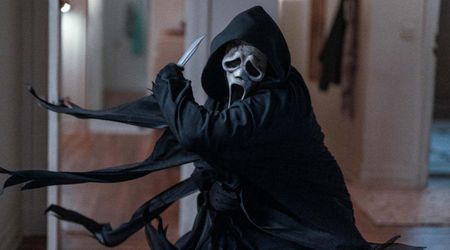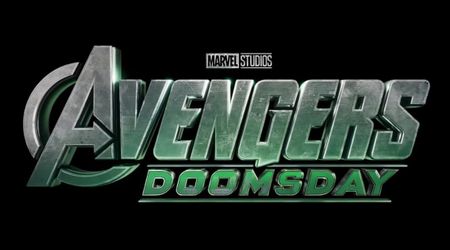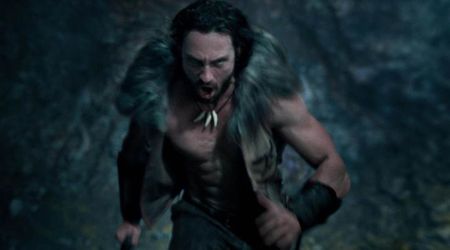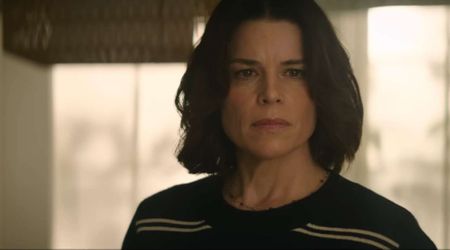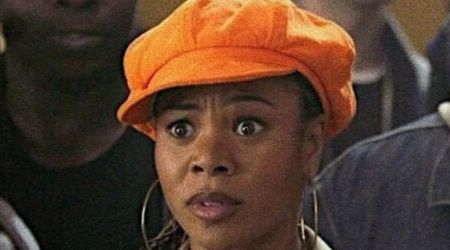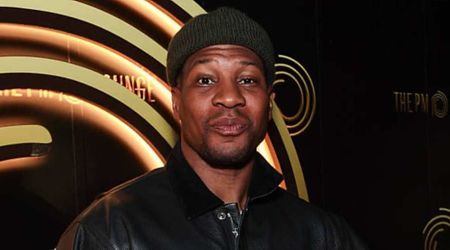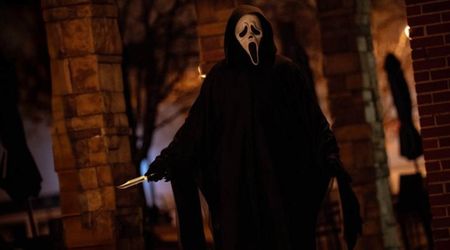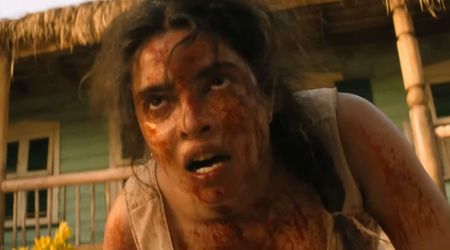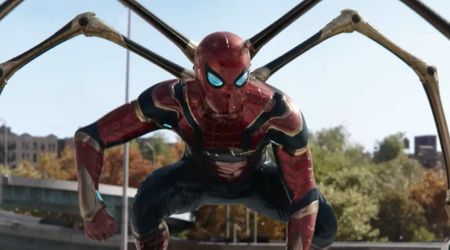How Studio Ghibli became the mecca of strong, spirited female characters that defy stereotypes

Studio Ghibli is one of the most critically-acclaimed animation studios in the world and home to some of the best feature films that Japanese animation has to offer, including the Academy Award-nominated 'Spirited Away'. Since its inception in 1985, it has established itself among the top animation studios in the globe, under director Hayao Miyazaki's wing.
Miyazaki is a prolific director with decades worth of experience under his belt. He co-founded Studio Ghibli alongside fellow director Isao Takahata and producer, Toshio Suzuki after the success of Miyazaki's 1984 film 'Nausicaä of the Valley of the Wind.' In 2014, the studio temporarily halted all production after Miyazaki announced his retirement, but recommenced after he came back to do another film 'How Do You Live', in 2017.
The renowned filmmaker is credited for most of Studio Ghibli's imminent filmography which includes award-winning films like 'Spirited Away', 'Howls Moving Castle', 'Ponyo', 'Princess Mononoke', 'The Wind Rises', 'Porco Rosso' and more. However, there is one thing akin in all of Miyazaki's films and that is a strong female lead. The filmmaker has portrayed the various complexities that women face in his films so impeccably like he knows what exactly it means to be a woman.
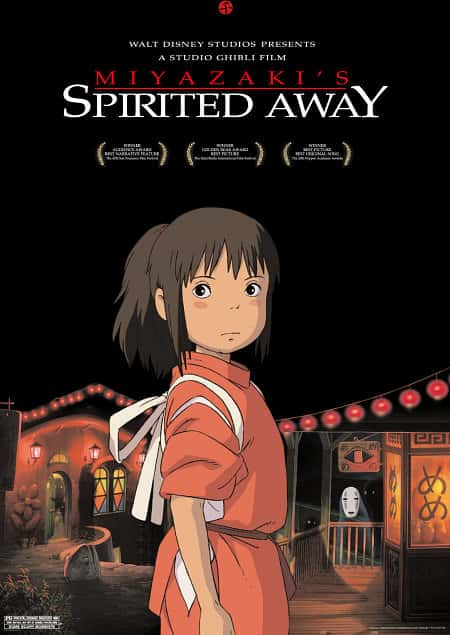
Studio Ghibli is known for Miyazaki's classic watermark of an exquisitely composed, avidly original, and heart-warming animation movie that spotlights female characters as protagonists and does not placate the reality of their complexities. He has created a distinguished brand of female leads that defy all the stereotypes attached to the common woman. Not only that, but every single featurette in the film, be it female, male or even animal, goes through a transition with strong, evident character development and growth.
The famed Japanese director has single-handedly created a touchstone for film-makers in this era who are yet to achieve the kind of prestige that Miyazaki has garnered through his work. Furthermore, his films are intellectually and emotionally stimulating and mediate very simple yet very impacting moments throughout his film sequences.
Being an animated movie, a Ghibli film surely appeals to the younger demographics, particularly children who are attracted to vivid colors and characters, but with the way it portrays a young woman, it is easily a good watch for anyone regardless of age or gender. Ghibli heroines are not your typical damsel-in-distress, fairytale princess sort of women, but completely contrast to what most young girls grow up watching. Instead, the Ghibli woman is an apt portrayal of a young, independent, and spirited feminist.
The studio has been spawning these female characters for a child audience practically since its inception and has always maintained a likeness to the reality of young women.
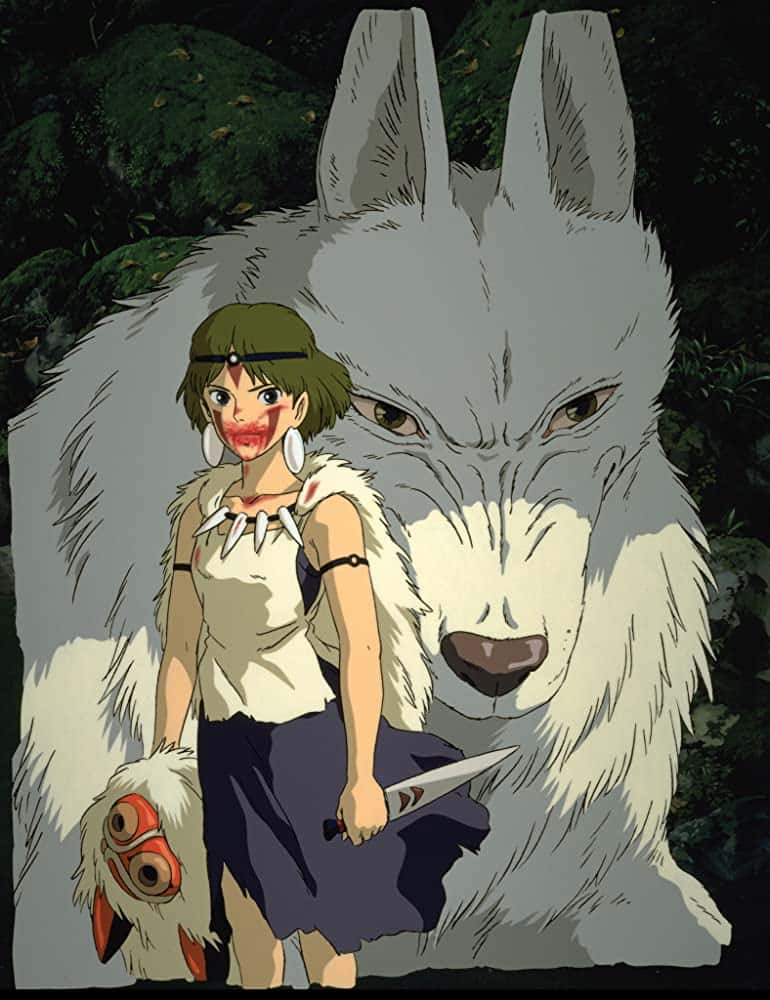
As popular as Studio Ghibli is for its impeccably mind-bending visuals, the Ghibli women's appearances resemble that of the little girl that is entranced by the animation. Their appeal so lies within realism rather than a make-belief world of princesses in puffy ball gowns, and the bonus is they are almost always the protagonists that lead the film's storyline. Even in the case of 'Howl's Moving Castle', where the title of the film refers to a male, the story actually revolves around Sophie who rescues Howl and not vice versa.
As the case in most animated films for the younger demographic, romance and happily ever afters with a male lover is not central to the storyline, but in almost every sequence it is the girl that comes to the boy's rescue. "I've become skeptical of the unwritten rule that just because a boy and girl appear in the same feature, a romance must ensue," said Hayao Miyazaki. "Rather, I want to portray a slightly different relationship, one where the two mutually inspire each other to live – if I'm able to, then perhaps I'll be closer to portraying a true expression of love."
A female lead in a Studio Ghibli film comes with a potpourri of realistic aspects innate to a woman. She is adventurous, resilient, smart, bold, but also displays the contrasting emotions of vulnerability, fear, and naivete. While they can come off as commanding there have moments of insecurity. In the Oscar-nominated film 'Spirited Away', for instance, the heroine, Chihiro, has to find her way back home after being separated from her parents in the spirit world.
She cries, laughs and braves through the whole ordeal and finds her way back to the real world alongside her parents.
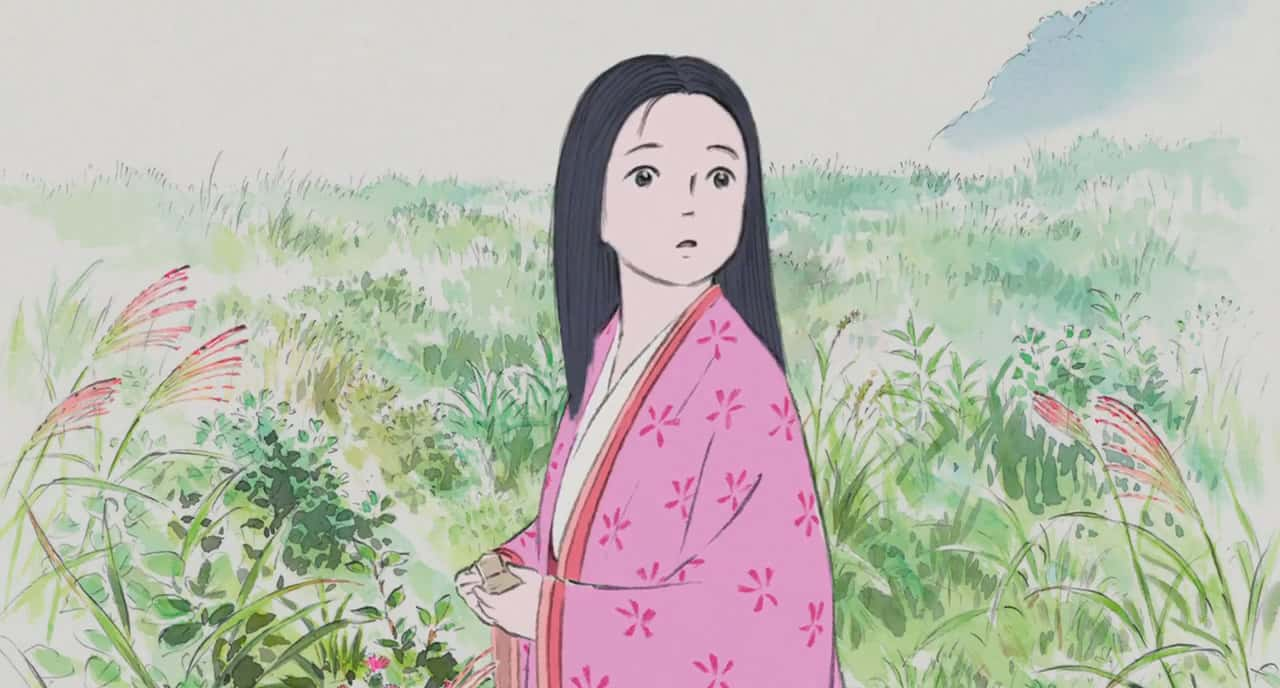
And while Studio Ghibli does portray princesses as lead characters, it is not your average Disney portrayal. In the opening scene of the movie, 'Princess Mononoke', we see the titular character sucking a bullet out of a wolf's limb. She exudes fierceness, was raised by wolves, can brandish a spear-like no other and her face is made up with war paint, rather than make-up, as most of us are used to seeing on princesses.
In 'The Tale of Princess Kaguya', based on Japanese folklore about the bamboo princess, we see some more stereotypes being broken. The female lead goes through vigorous training to transform herself from a peasant to a princess, and she is forced to subdue her outgoing, playful, and uninhibited personality to take on the role of a proper princess so she becomes a suitable royal bride.
Kaguya suffers the ramifications of expressing her happiness and she spirals into depression because of being made to feel terrible for not complying with the societal expectations of being a princess. So in a way, the film does resonate with some Disney sentiments of being happy with who you are, but that's where the similarities end.

